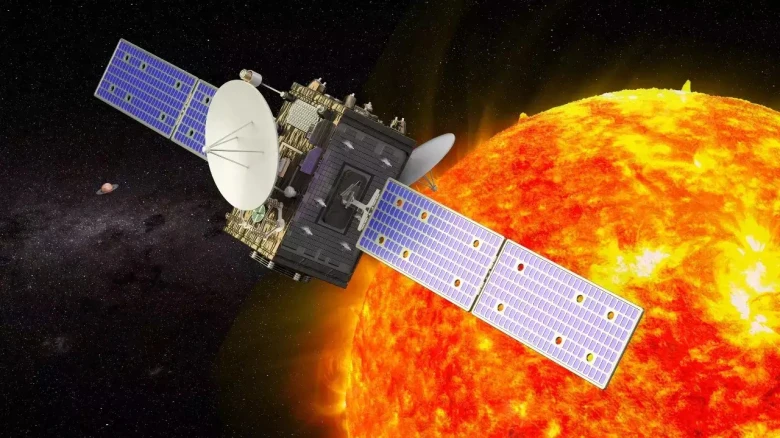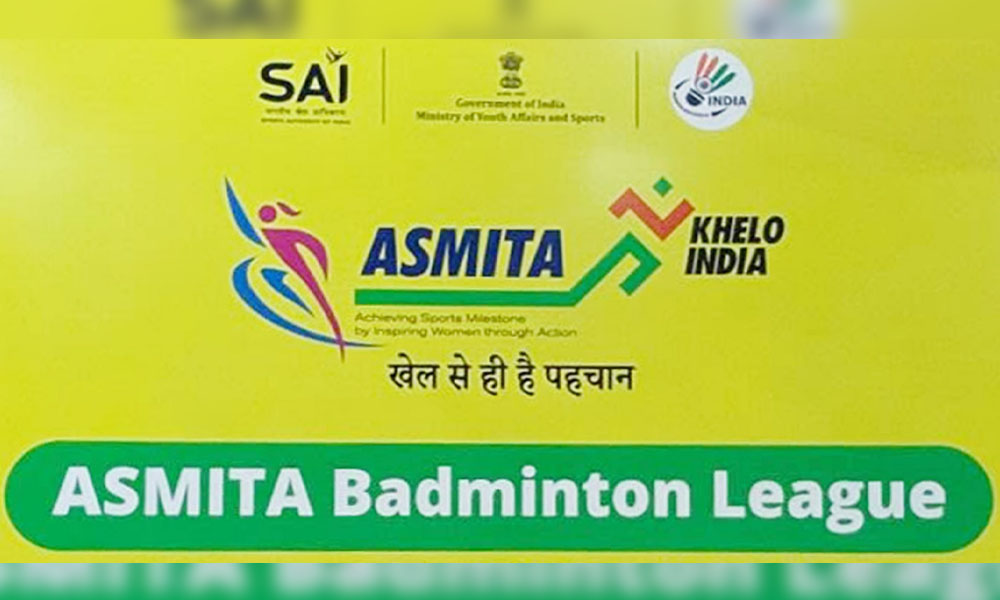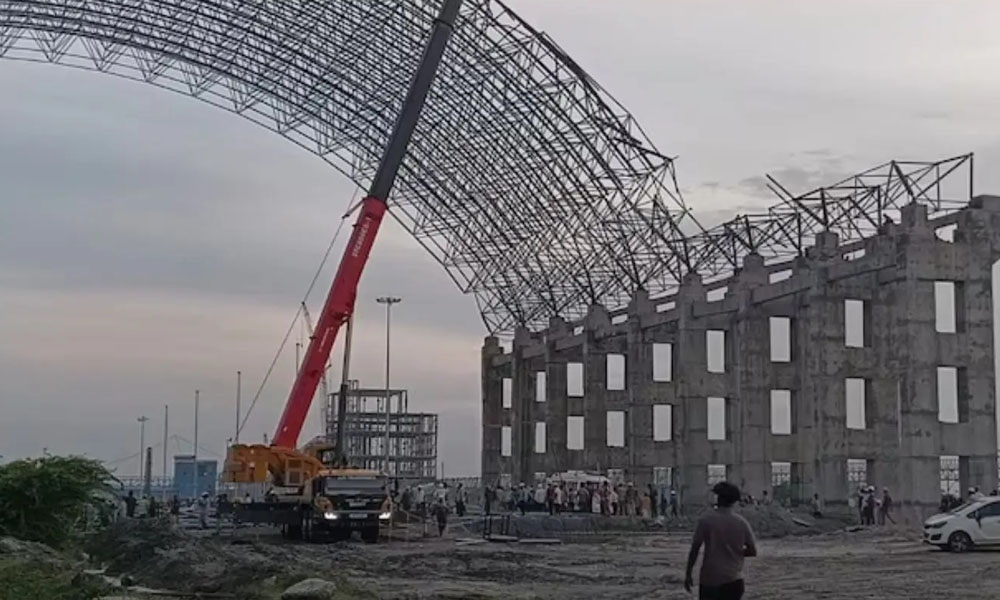The space agency shared a picture of the energy changes in the counts of alpha and proton particles...
Digital Desk: Aditya L1, India's ambitious mission to study the sun, on Saturday, took a major step forward and began monitoring solar winds. According to a statement released by the Indian Space Research Organization (ISRO), the satellite's Aditya Solar Wind Particle Experiment (ASPEX) payload has started operating and is performing normally.
The Solar wind Ion Spectrometer (SWIS) and the SupraThermal and Energetic Particle Spectrometer (STEP) are the two instruments that makeup ASPEX. Although STEPS began operating on September 10, ISRO stated that the SWIS instrument was turned on Saturday and has performed at its best.
Additionally, the space agency shared a picture of the energy changes in the counts of alpha and proton particles that the new payload was able to catch on X, formerly Twitter.
On September 2, the mission departed from Sriharikota, Andhra Pradesh. The study of the solar wind's acceleration, coupling, and dynamics with the solar atmosphere, the solar wind's distribution and temperature anisotropy, the origin of solar flares and coronal mass ejections (CMEs), and near-earth space weather are among the mission's main goals.
Among India's other current initiatives is a program for human spaceflight that seeks to put humans into orbit for the first time, possibly by 2025.





















